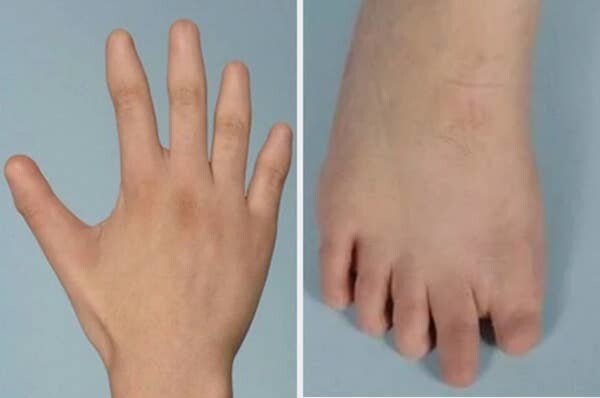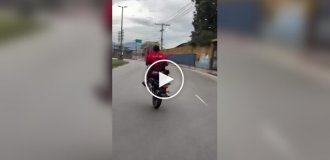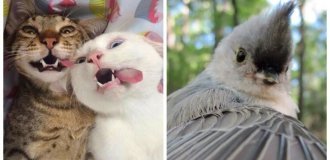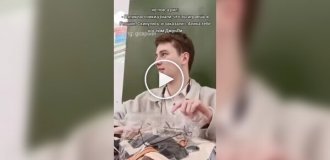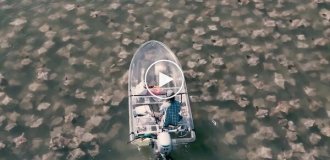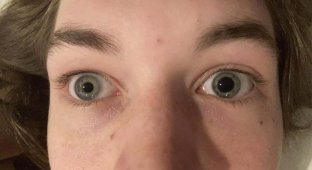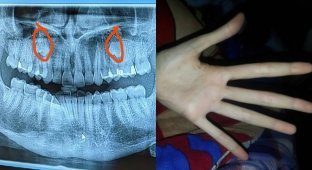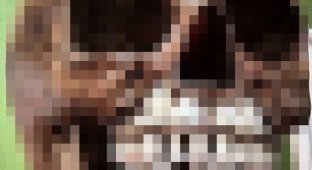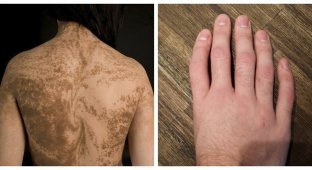Anomalies of the human body that make you feel creepy (21 photos)
There are many rare diseases and congenital pathologies that only doctors know about. Or those who like to look through a medical reference book in their spare time. But one way or another, all these anomalies are not idle fiction, but a real reality. 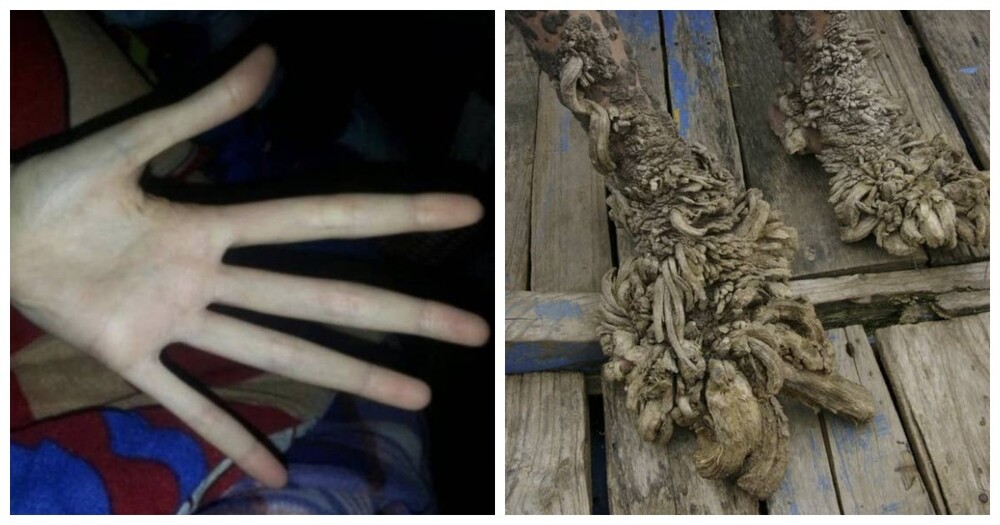
1. Some people have fringed, jagged folds—essentially excess tissue under the tongue that never dissolved in the womb. 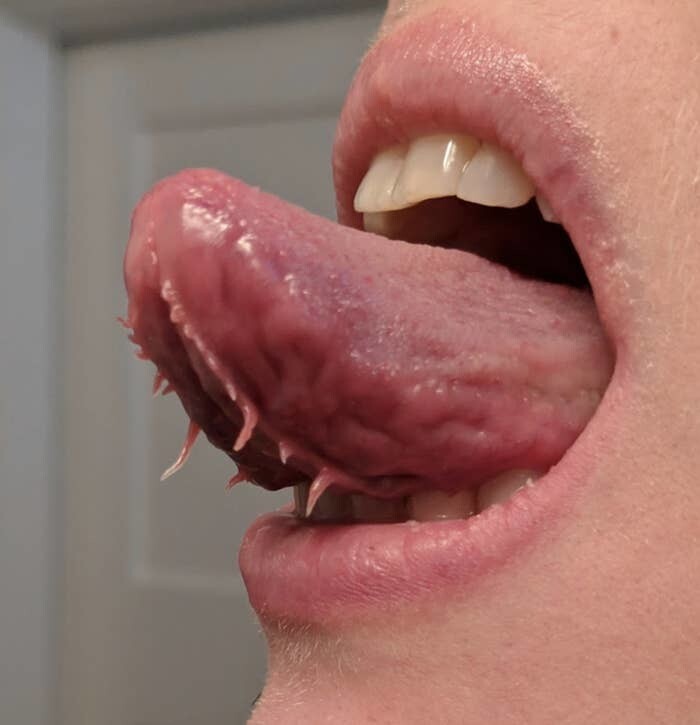
2. The hand of a person with Marfan syndrome (a connective tissue disease). People with this syndrome tend to have very long fingers and limbs 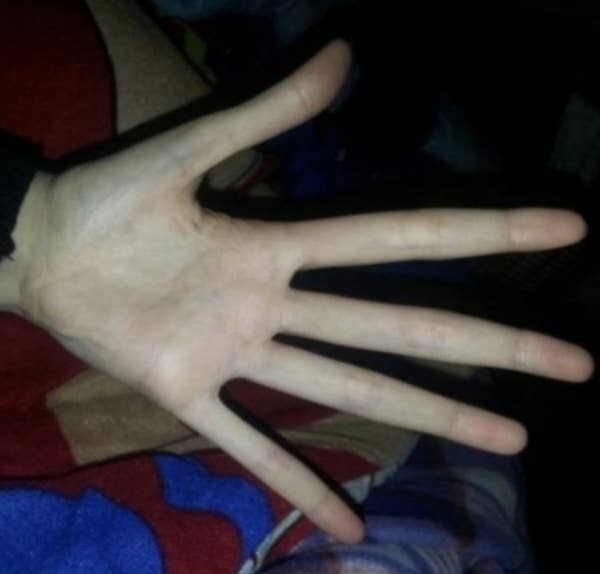
3. Did you know that you can have a bunch of extra teeth? This is called hyperdontia and often means just a few extra teeth - the case shown here is extreme 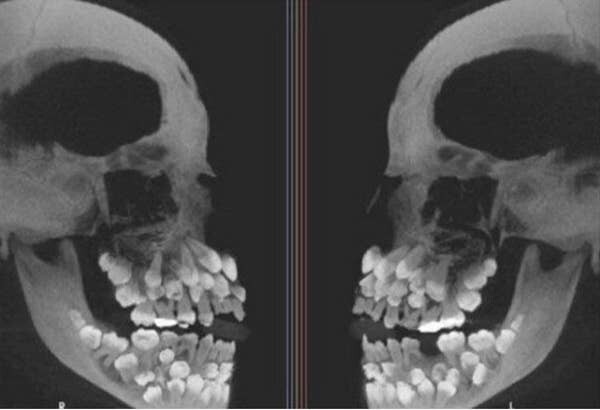
4. A little more hyperdontia 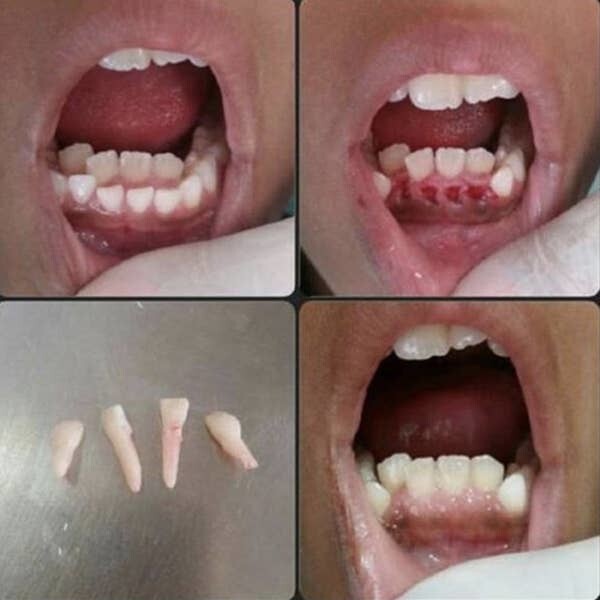
5. Triphalangeal thumb syndrome, in which the thumbs have three phalanges and look roughly the same as the other fingers. 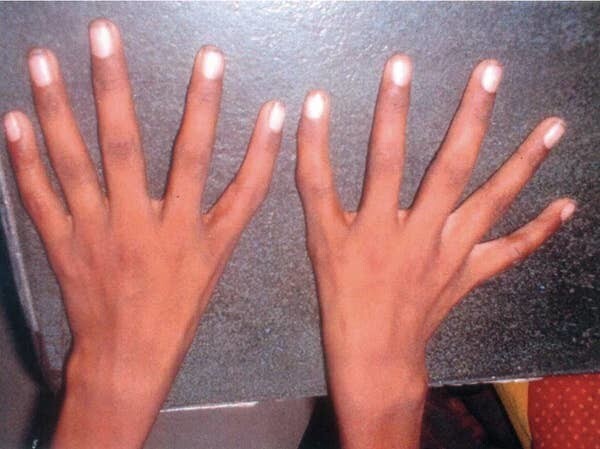
6. Here's an X-ray showing how severe arthritis can be. 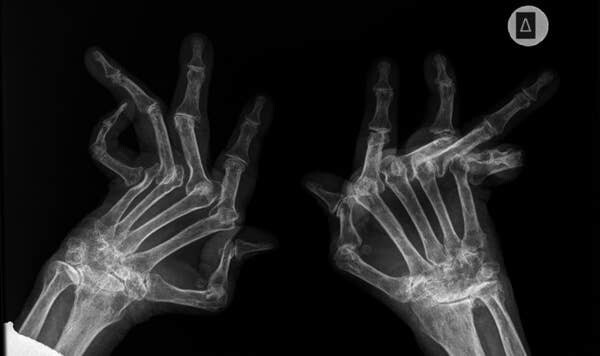
7. This is what a severe muscle cramp looks like 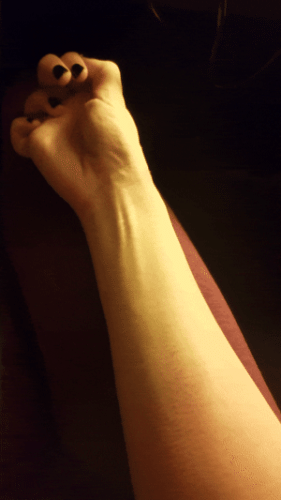
Look
8. Some people suffer from hypertrichosis - “werewolf syndrome”. They grow an excessive amount of hair on certain parts of the body 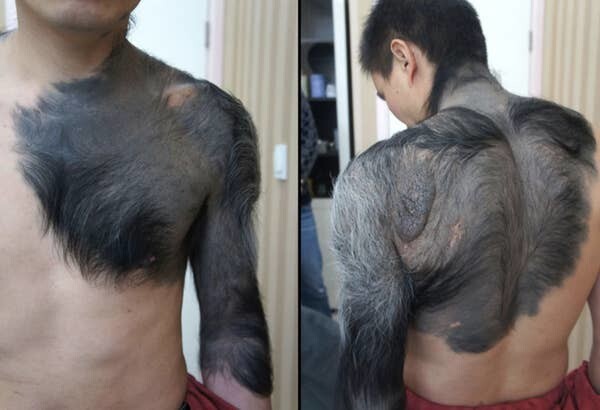
9. This is what Parkes-Weber syndrome looks like, in which the blood vessels are enlarged and deformed. 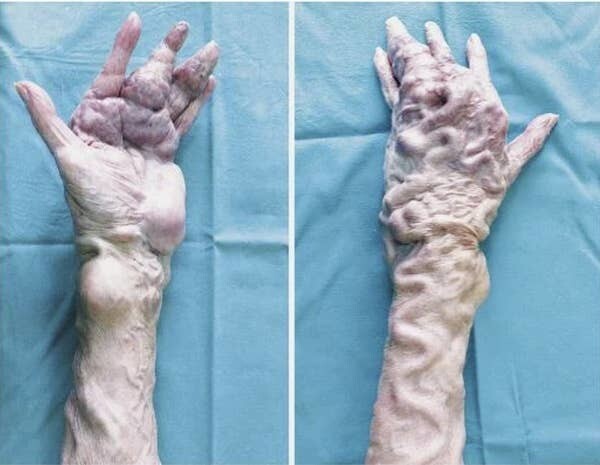
10. This is what an eye looks like without a pupil. The absence of the iris is called aniridia. Most often this is a congenital pathology 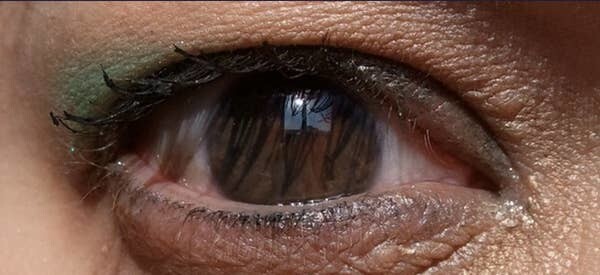
11. Creepy teratoma - a tumor from which teeth and hair can grow 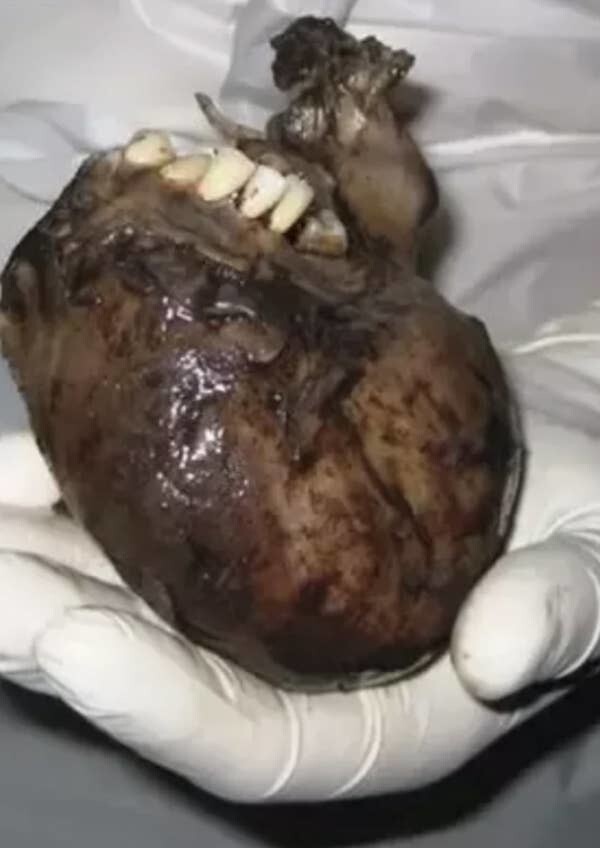
12. Orbital teratoma 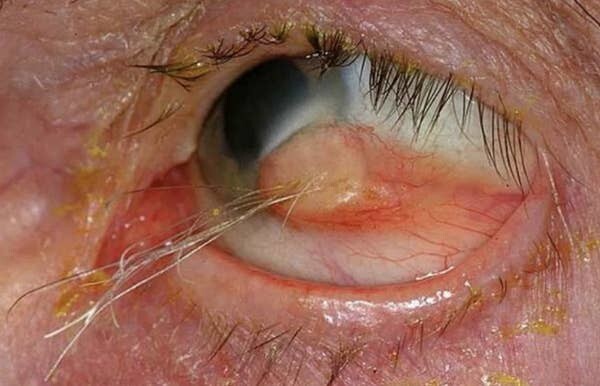
13. One of the most terrible diseases is fibrodysplasia ossificans progressiva, “Stone Man Syndrome,” in which skeletal muscles and connective tissue slowly turn into bones, and joints begin to fuse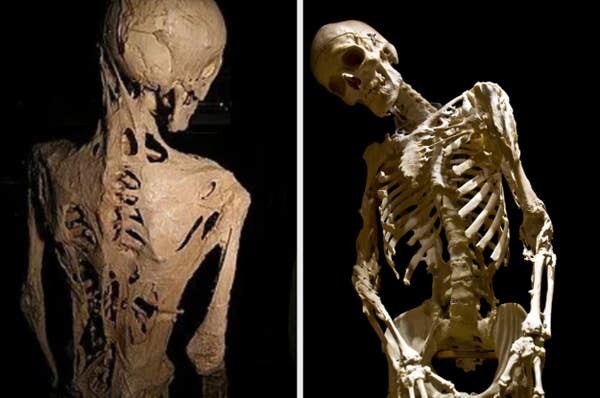
14. Patient with stone man syndrome 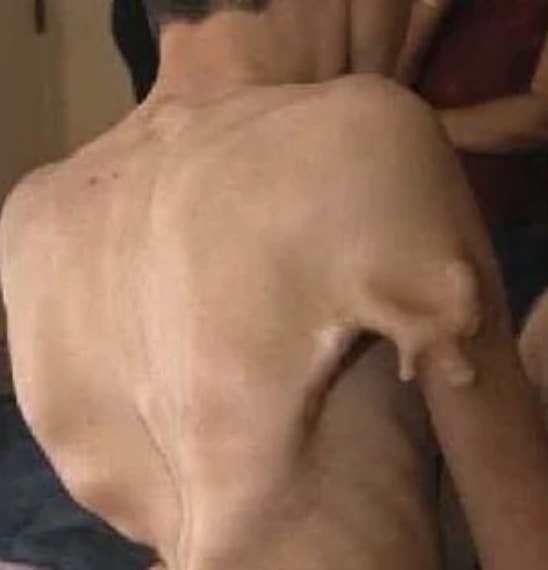
15. Epidermodysplasia verruciformis, or “tree man” syndrome, when bark-like growths form on the body 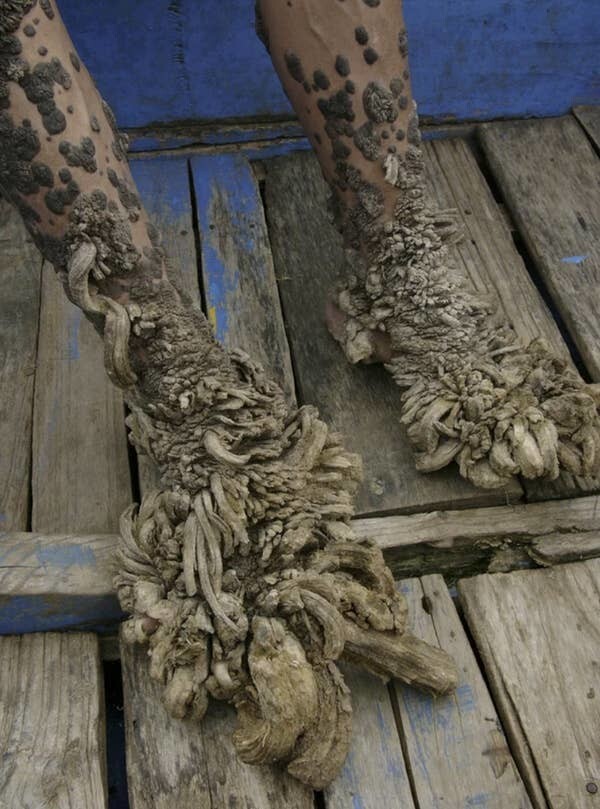
16. This is what complex regional pain syndrome, a form of chronic pain that can cause swelling, may look like. 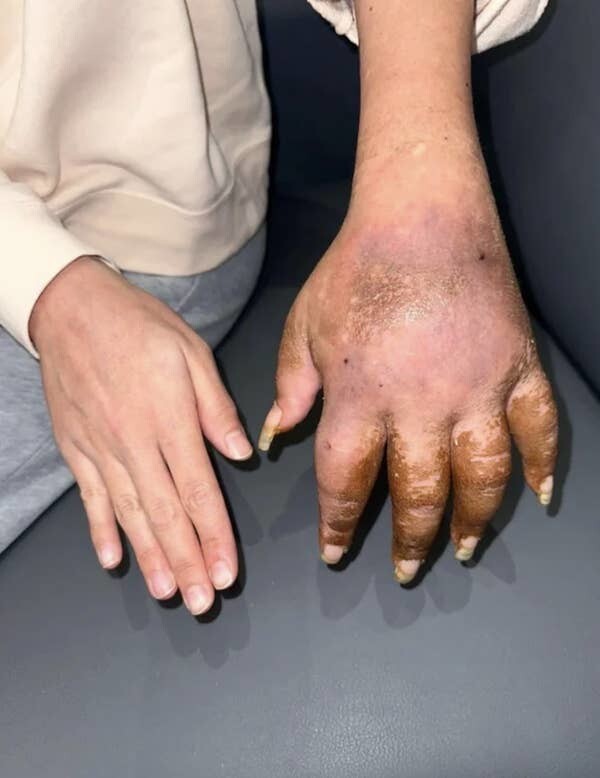
17. Mirror foot syndrome is when people's feet resemble two mirror feet fused together. This is an extremely rare condition and can usually be treated with surgery if it interferes with walking or wearing shoes 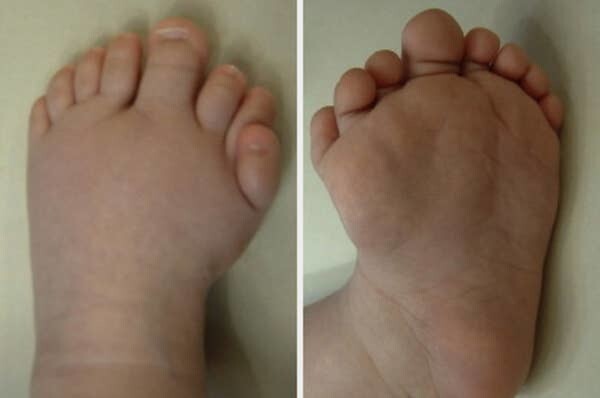
18. A striking example of polydactyly (when there are extra fingers or toes) 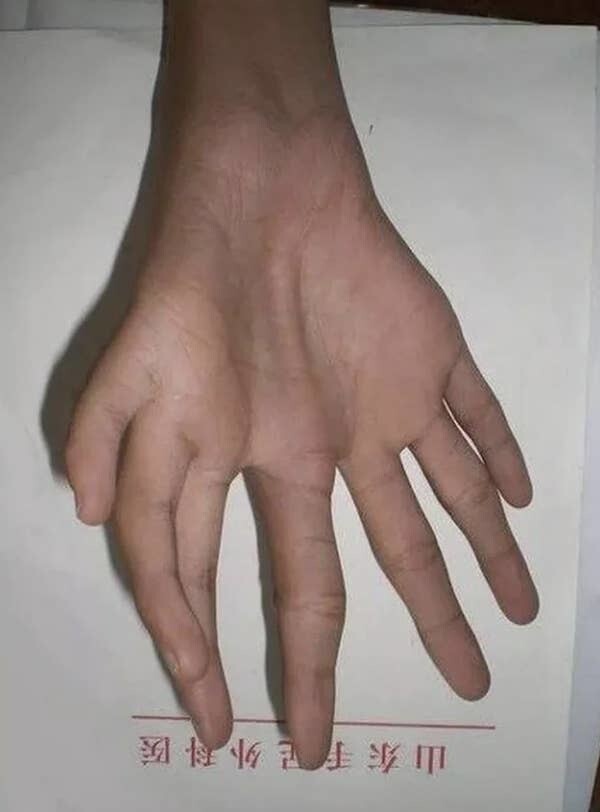
19. The skull of a person with Proteus syndrome - when limbs and tissues, among other parts of the body, grow too much 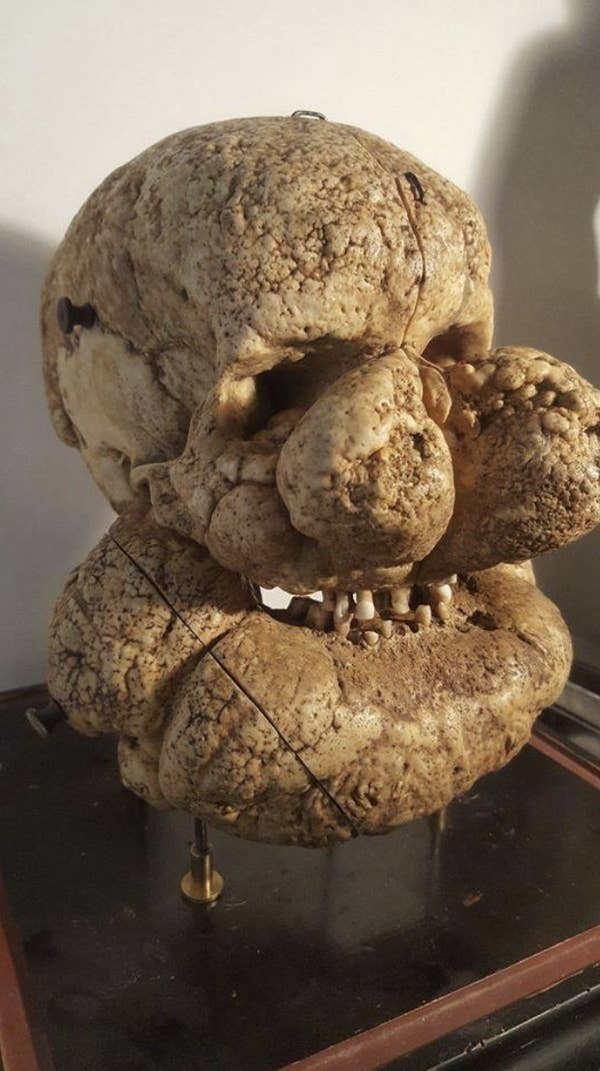
20. And finally, did you know that a person may not have nails? This is called congenital anonychia 